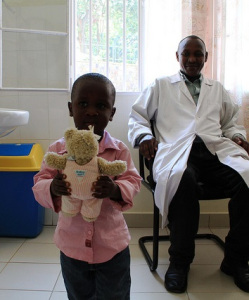 Good news stories can be sometimes hard to come by. All too often the television and media tell us only of humanity at its worst: crimes, killings, and politicians doing dodgy things. Away from the flat screens, however, remarkable victories take place every day – often in the most surprising places. Rwanda, for example, is known as one of the poorest and most deprived nations in the world but has witnessed an incredible and inspiring health revolution over the last fifteen years. What has been happening in that one small African nation can teach us how to have a healthier life and society.
Good news stories can be sometimes hard to come by. All too often the television and media tell us only of humanity at its worst: crimes, killings, and politicians doing dodgy things. Away from the flat screens, however, remarkable victories take place every day – often in the most surprising places. Rwanda, for example, is known as one of the poorest and most deprived nations in the world but has witnessed an incredible and inspiring health revolution over the last fifteen years. What has been happening in that one small African nation can teach us how to have a healthier life and society.
The story begins back in the year 2000 when over 150 world leaders got together in the United Nations’ Headquarters, New York. They created the ‘Millennium Development Goals’ – a set of targets devised to improve global health and wellbeing. Many goals were considered well-intentioned pie-in-the-sky wishful thinking – such as ‘halving world hunger’ and ‘all children to be in primary education’ by 2015. Rwanda, however, took these goals very seriously; and since that meeting, death rates from HIV, malaria and TB have tumbled 80%, women dying in childbirth has dropped by two thirds and overall life expectancy has soared by nearly twenty years. One in four children would have been dead before their fifth birthday but today it is a tiny fraction of that – It is estimated that 590,000 Rwandan children’s lives have been saved since the year 2000.
One of the secrets to Rwanda’s super-charged health care system has been to involve the local community. Needing a cheap solution, the cash-strapped Rwandan Ministry of Health couldn’t fly in a legion of new doctors and so created an army of volunteer community health workers. One person from every hamlet is elected by townsfolk to take on an unsalaried job of doing health checks. There are about 45,000 workers in Rwanda and each is given a mobile phone and a crash course in basic healthcare skills (like how to check for a fever and spot signs of serious illness in mums and babies). They are paid according to each person they visit but their chief task is not to dole out medicines. It sounds ludicrously simple to Westernised sensibilities but perhaps their most important life-saving task was to tell someone when they are unwell or their baby needs treatment and to escort them to the nearest health centre.
In sub-Saharan Africa and the world over, we humans are inherently terrible at realising when we need help. In the UK, most people live within 15 minutes of a GP surgery yet thousands of us get needlessly sick every year simply because we are too scared, embarrassed or oblivious of our symptoms. It is this reluctance (or prudishness) that contributes to the UK having some of the poorest cancer survival rates in all of Europe. Of course, it needn’t be this way.
Rwanda is coming from a place of extreme poverty and faces a host of different challenges and medical conditions to the West. It nevertheless shows us an incredible example of what can be achieved by regular folk working together and using their skills and abilities. The future for all healthcare systems may be to have more of us taking responsibility for the welfare of those around us. We probably don’t think of it this way, but taking the time today to look out for our neighbours, colleagues and those we live with could very well be doing more good than we could possibly imagine.
Thanks for reading – all opinions expressed are my own. Feel free to add your thoughts in the comments below.
Photo caption: This boy, seen here with one of his doctors, now weighs a healthy 13 kilos, following his initial visit to the Children’s unit at the Kigali Teaching Hospital just a few months ago when he weighed only 5 kilos.
Follow @realdoctorstuPhoto credit: Photograph by Lucas Robinson, ICAP via Flickr

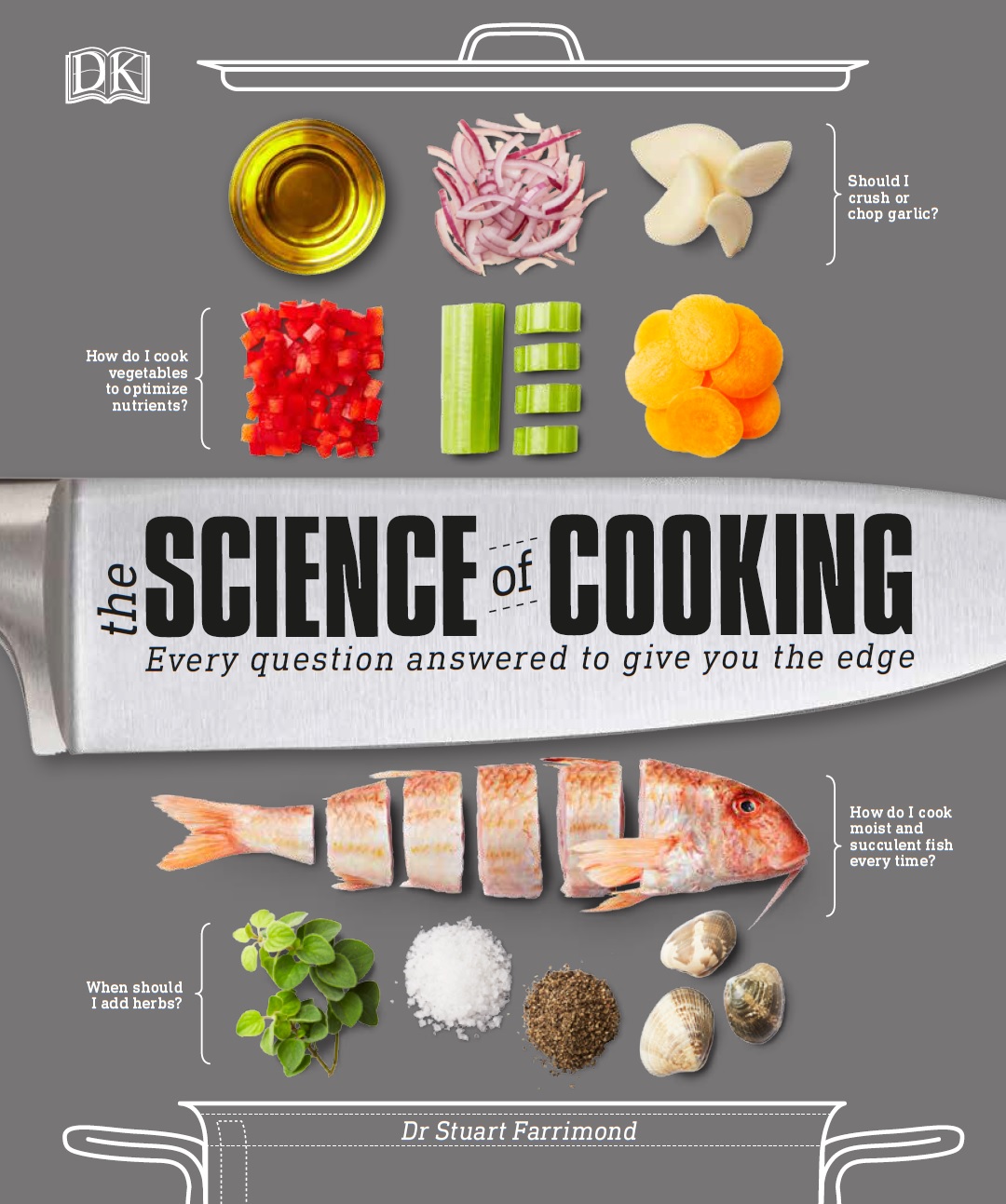
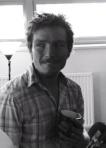


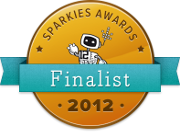
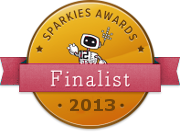
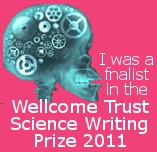

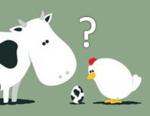
Discussion
No comments yet.